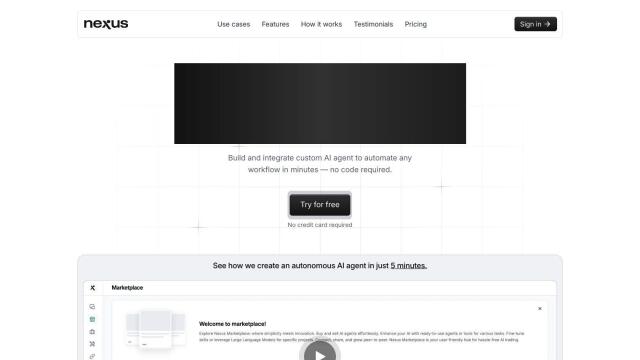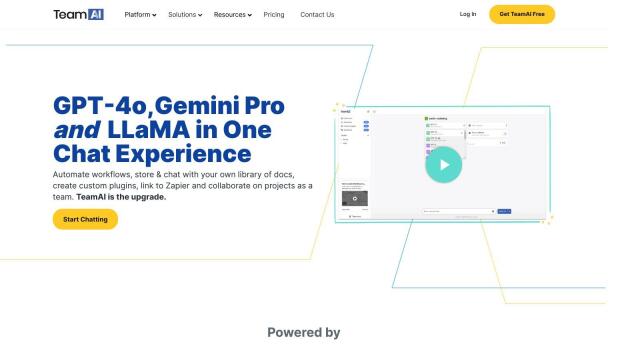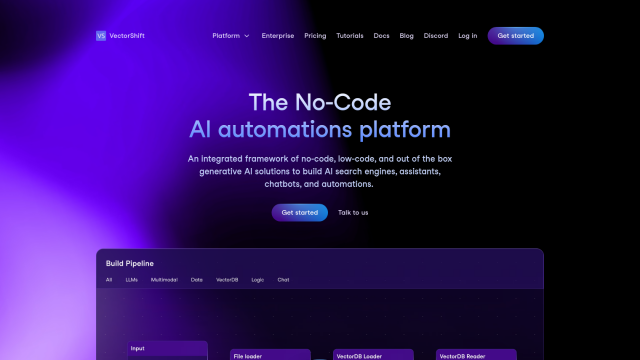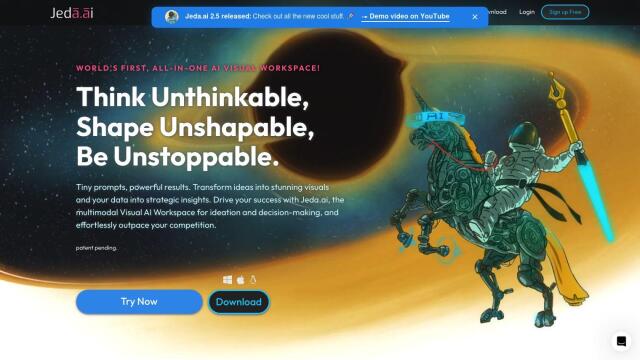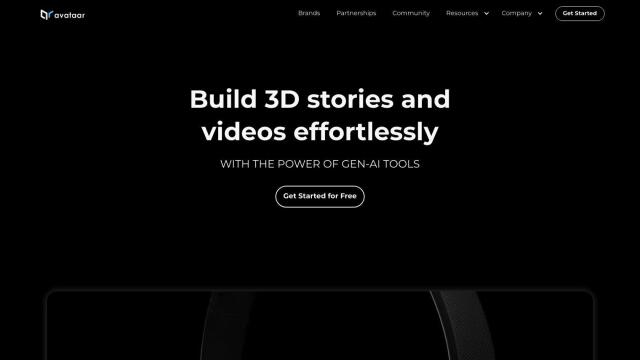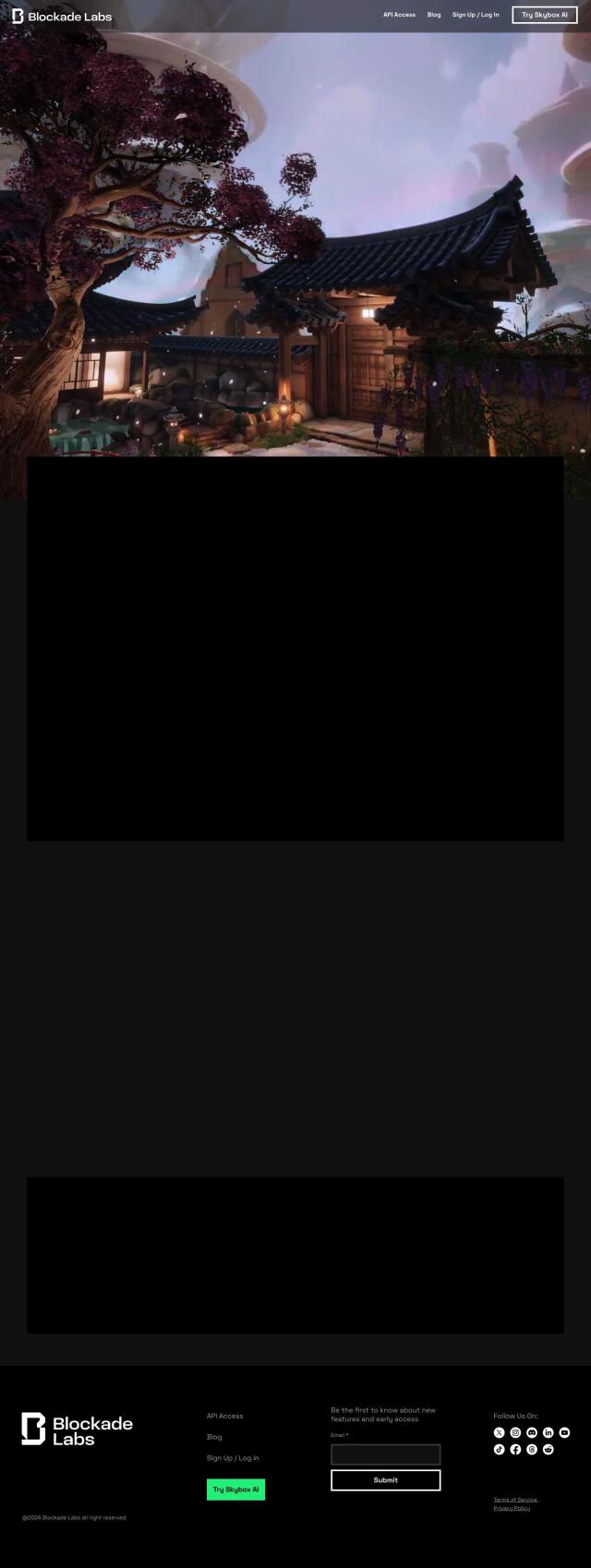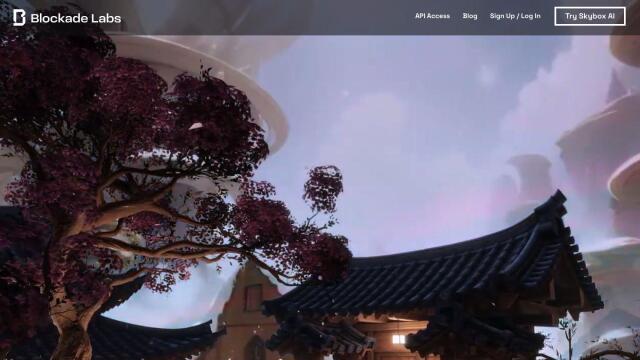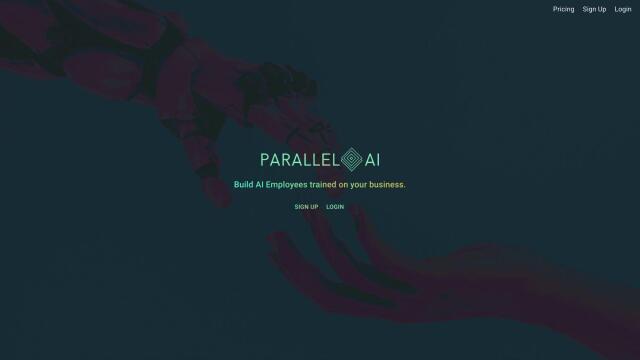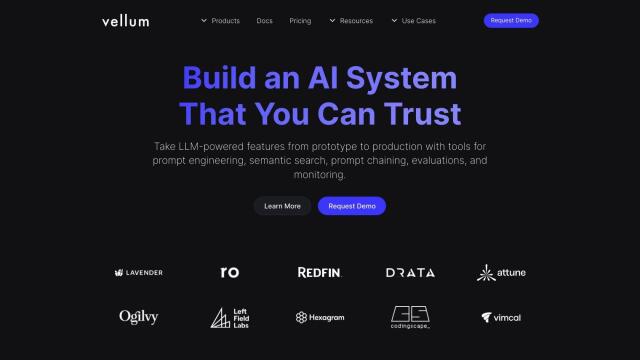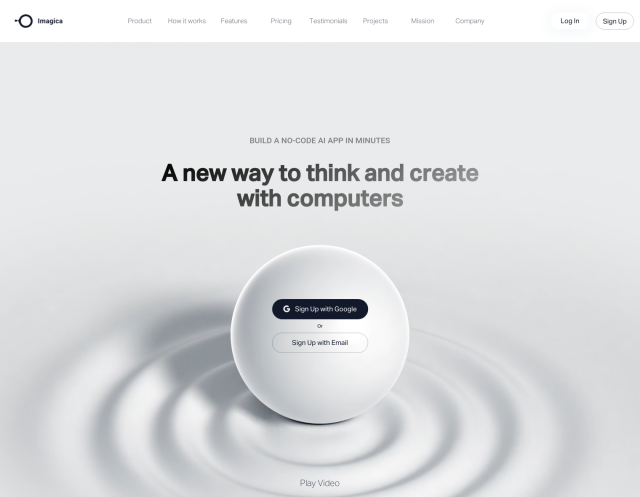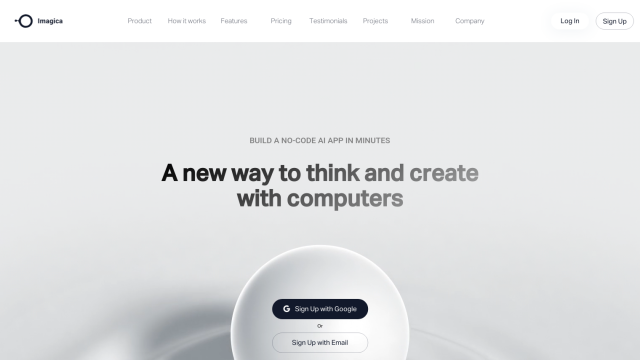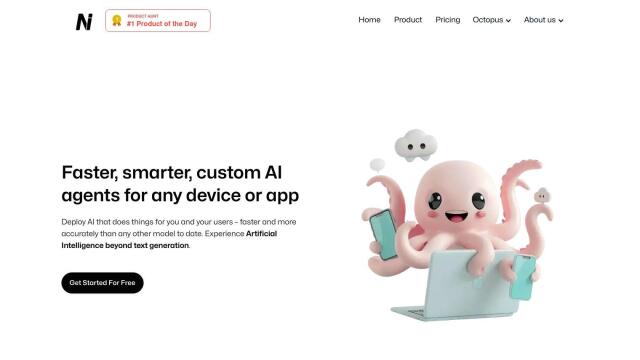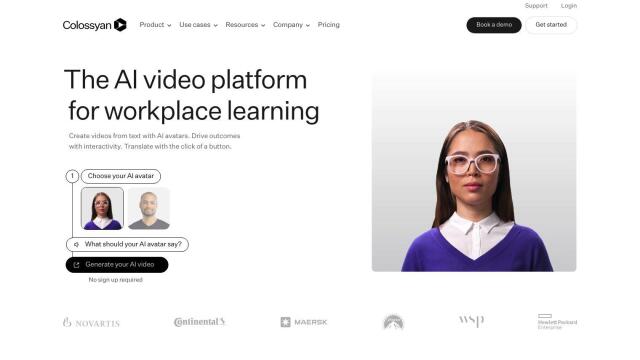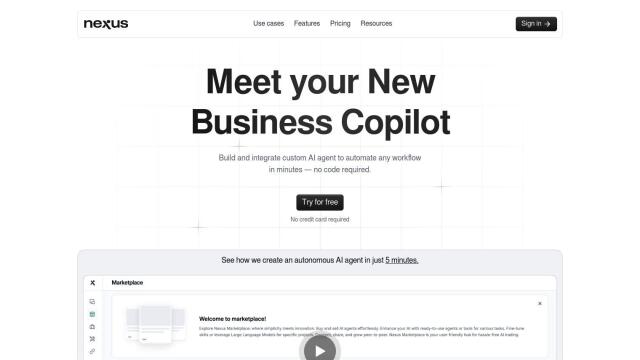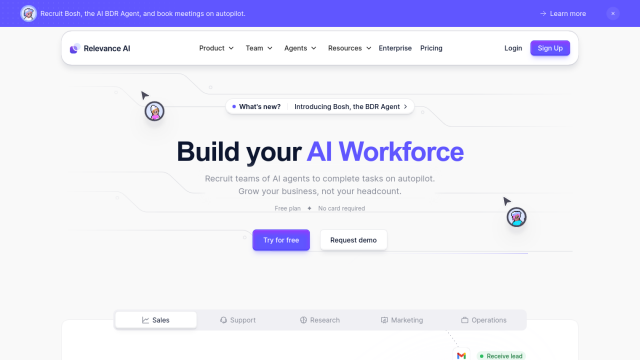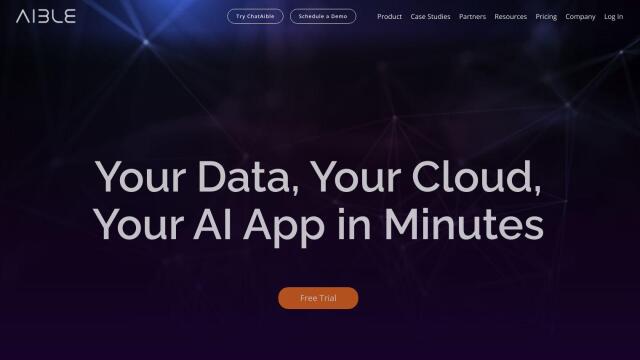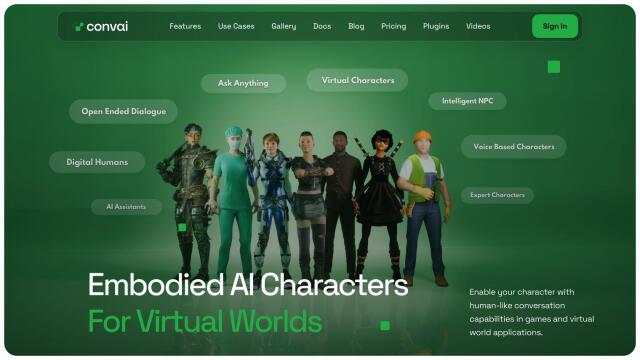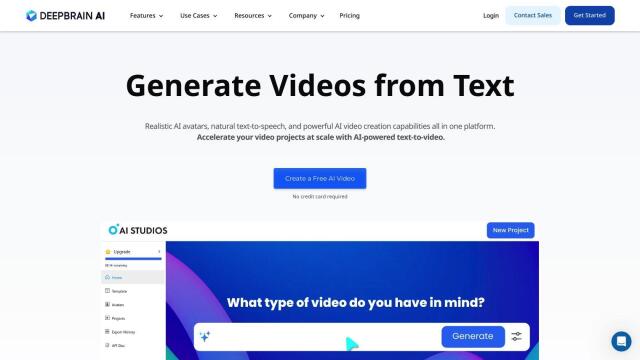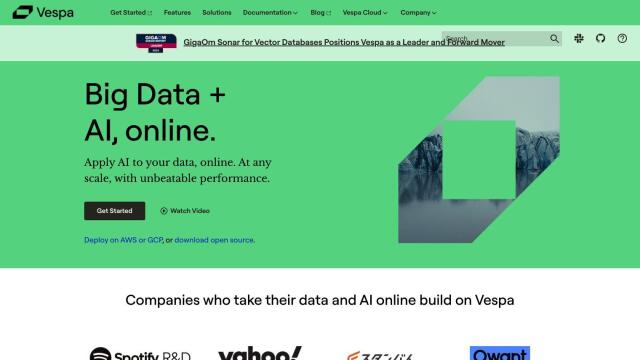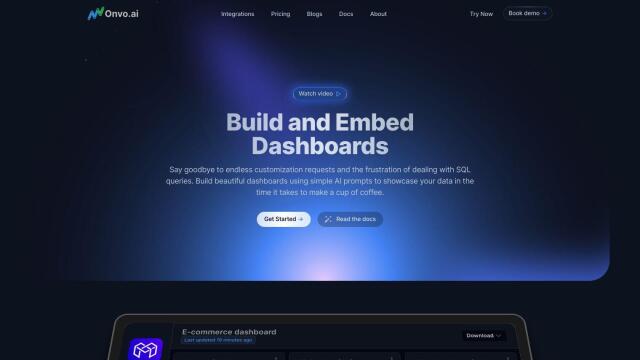Question: Is there a tool that allows me to build and maintain multiple interlinked virtual scenes at the same time, with dynamic data integration?
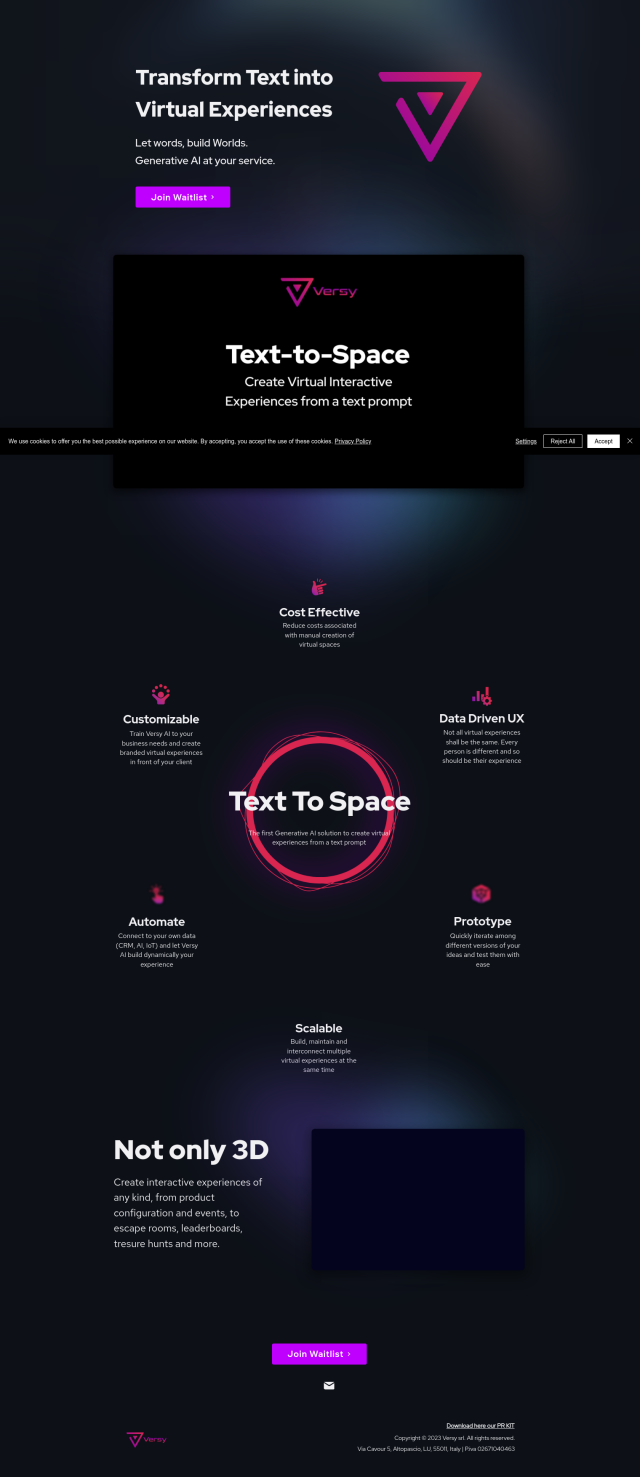
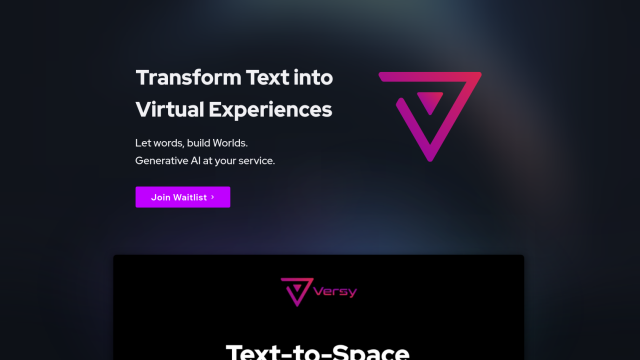
Versy.ai
If you want a tool to create and manage lots of interlinked virtual scenes with data flowing in and out, Versy.ai is a good choice. This platform, which employs generative AI technology, can generate a range of virtual experiences like escape rooms, leaderboards and product configuration interfaces from text prompts. It can create highly customizable and data-driven user interfaces that can be adapted to specific business needs. Versy.ai can connect to external data sources like CRM, AI and IoT systems to create dynamic and iterative prototypes, so it's a good fit for businesses that want to offer personalized and adaptive virtual experiences.


Abacus.AI
Another tool worth considering is Abacus.AI, which lets developers create and run applied AI agents and systems at large scale. The platform includes generative AI and other neural network technology to build large language model (LLM) apps, AI agents and predictive systems. It can be used for chatbots, predictive modeling, anomaly detection and other tasks. Abacus.AI can automate complex work, forecast in real time and personalize, so it's good for customer service and business optimization.

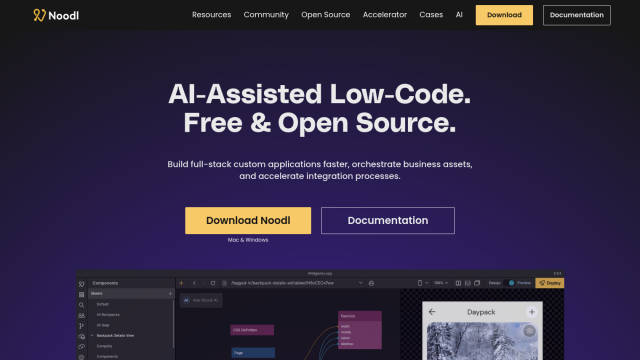
Noodl
Noodl is another option for building full-stack custom apps quickly. This open-source, AI-boosted low-code platform lets you develop visually, customize and integrate with third-party services. It has real-time data flows and updates, so it's good for prototyping and web app scaling. Noodl's AI can generate building blocks and UI elements so you don't have to write as much code.

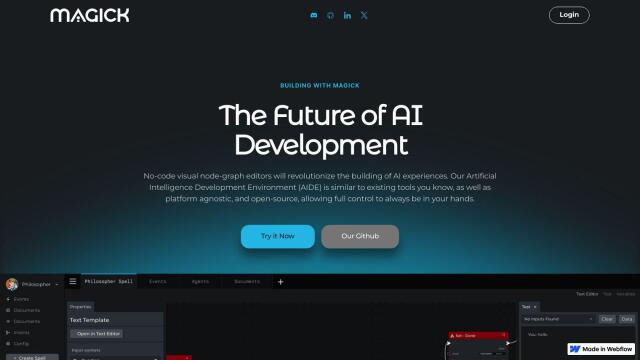
Magick
If you want a no-code option, check out Magick, an all-in-one platform for designing, deploying, managing and scaling AI agents, bots and applications. It has a visual node builder for creating code, processing documents and responding to real-time event-driven triggers. Magick's AIDE is geared for gaming, media and marketing, with deep customization and scalability. It's safe and reliable thanks to a partnership with Google, so it's available to creators and businesses.

